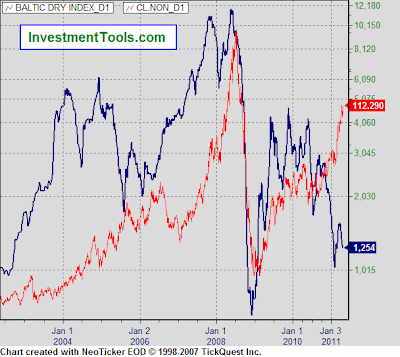
GOLD
Merrill Lynch analysts wrote “Gold is sometimes a currency, sometimes a commodity and sometimes a store of value.
According to Mike Shedlock
To answer this question one must look back at how gold evolved to become money in the first place. First of all, it always was a commodity with a demand based on its usefulness for creating ornamentation and jewelry, so there was a prior demand for gold that made it useful in barter.
This latter point - that the State can't create gold out of thin air - is what lies at the heart of the monetary demand for gold.
In the shorter term, the motives of gold holders who to refuse to sell (possibly even adding to their position) often depend on immediate concerns such as real interest rates, inflation expectations, the spread between short and long term interest rates as a proxy for the likely bias of monetary policy, and the exchange value of the US dollar.Typically gold is a counter-cyclical asset that does best in real terms when liquidity evaporates. At times however, there can be pro-cyclical demand when equity, commodity, and gold prices are all rising strongly, and liquidity is more than abundant.
In short, gold is a commodity, but it is more reflective of its monetary value than its commodity value (i.e. used as jewelry and industrial demand).
FIAT MONEY (SUPPLY OF MONEY & CREDIT)
In our modern day fiat money system with its fractional reserves banking systems and free-floating paper currencies, gold is the only form of money safe from the depredations of central bankers. It therefore serves in the widest sense as a barometer of confidence in this central bank administered system.
Considering that the US dollar has lost about 97% of its value against gold since the Federal Reserve has been in business, one can conclude that confidence in fiat money has been waning rather precipitously over time. This trend is certain to remain a one-way street over the long term, with occasional fluctuations as confidence in paper (or digital) money waxes and wanes.
MyView
Money is the medium used for the exchange of goods and services.
Gold is use as jewelry and industry used and also used as a medium of exchange of goods and services. So gold is not always a commodity, but it also has monetary demand as used by central banks before 1971.
Fiat Money is also medium of exchange, but replaced gold in 1971. US dollar was forced to be used as the "medium of exchange" as a result of its power post world war two. The major difference is USA can print fiat money, as long as they can creat a demand for it (used for international trade, use for purchase of oil, used by IMF to help the countries in debt) US dollar, for the right or wrong reason, become the "medium of exchange" for the world, after replacing British sterling after the world war II.
Let just say, in this world, there is two types of "medium of exchange" accepted by the world, i.e. one is GOLD and the other is US dollar. (it can be Euro, Yen, Yuan or others). The only different, one can expand fiat money as much as they can via central banks. As long as the world business has confidence on the fiat money, there is value to it. Confidence, whether by voluntary or by force is debatable.
As usual, the central banks (with the blessing of governments), manipulated this printing machine as a POWERFUL tool. Hence, over the last 70 over years, US dollar has loss almost 97% of its value against gold, due to creation of CREDIT or DEBT (so is other currencies).
Now, the US dollar is in derivatives now, i.e. monopoly money, or as debt (junk bonds). Could be in trillions. When the monopoly money created turn BAD, it will implode, i.e. evaporated. Example, when a bank gives a loan for a person to buy shares, and when share price drop, this person goes bankrupt, and it become a NPL in the bank. So it is wipe off, when such an amount is too huge, the Fed will print money to bailout the bank, and the rest of the citizens will suffer, because, taxpayers has to pay for it (although it is suppose to be borne by the bankers). That is what we call it privatise the profit and socialise the debt.
Hence, my conclusion would be, in the future, a lot of this credit will implode or turn bad, and the taxpayers will pay for it until they revolt (i.e. sack the government for making this mistake). So, when such thing happen, trillions will be wipe off fiat money will be wipe off the earth, which already went into properties, commodities, oil, precious metals etc.
Each dollar created or each fiat money created must be borne by either the issuer or the taxpayer, hence, all asset class will deflate and the US dollar will move up.
I really hope I am wrong in this, as not many is aware of this because the consequences will be a world deflation and depression, sadly. Every dollar created must be accounted for, either by the government or its taxpayers, at times, both. Just look at USA, the taxpayers is paying the sin for the Wall Street.
It is really a mess, created by the governments. Most taxpayers have to pay for it, that is sad, but that is a reality.


 BDI is currently at 1254 and the peak is about 12,000 in early 2008.
BDI is currently at 1254 and the peak is about 12,000 in early 2008. 





































